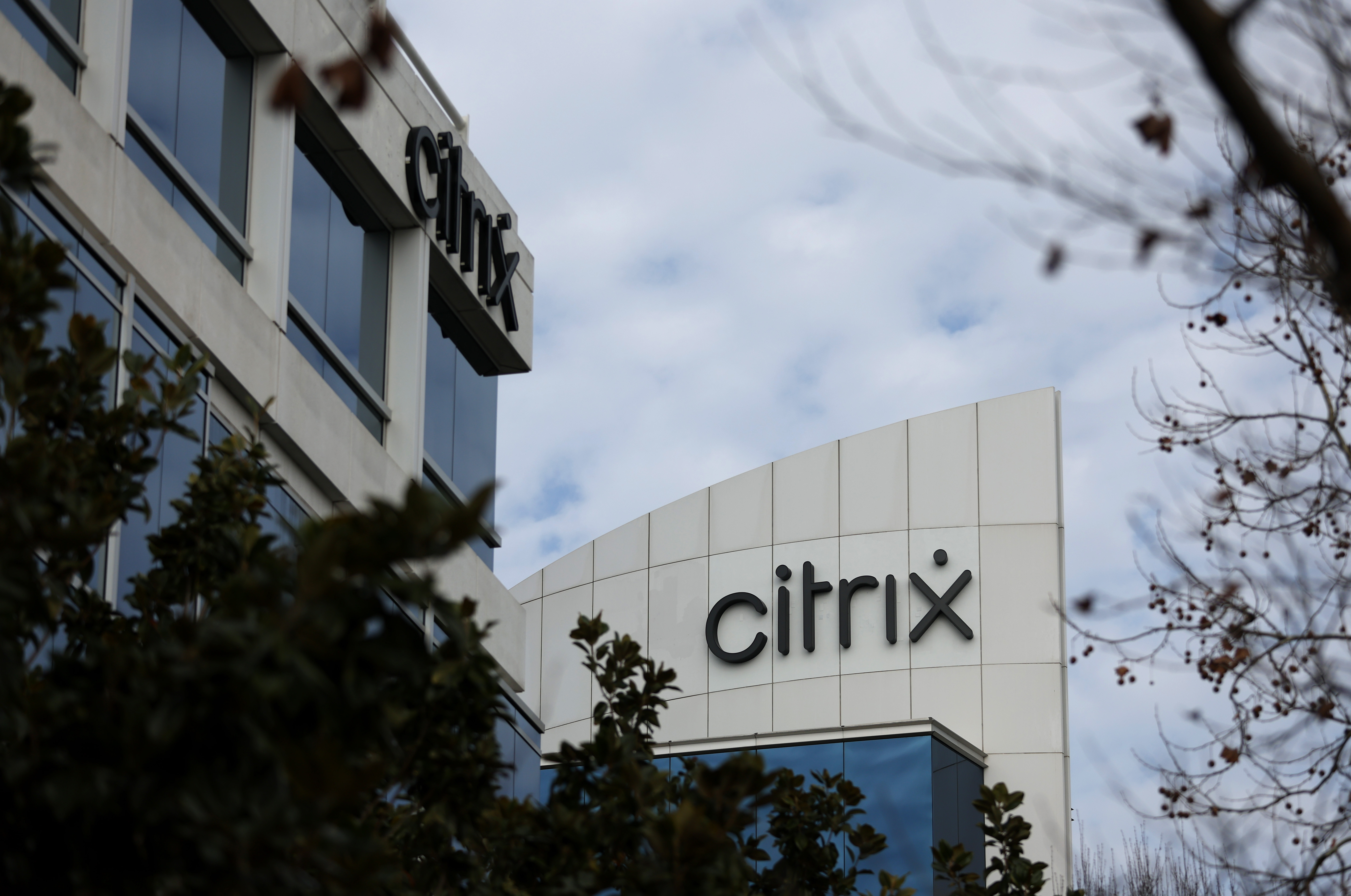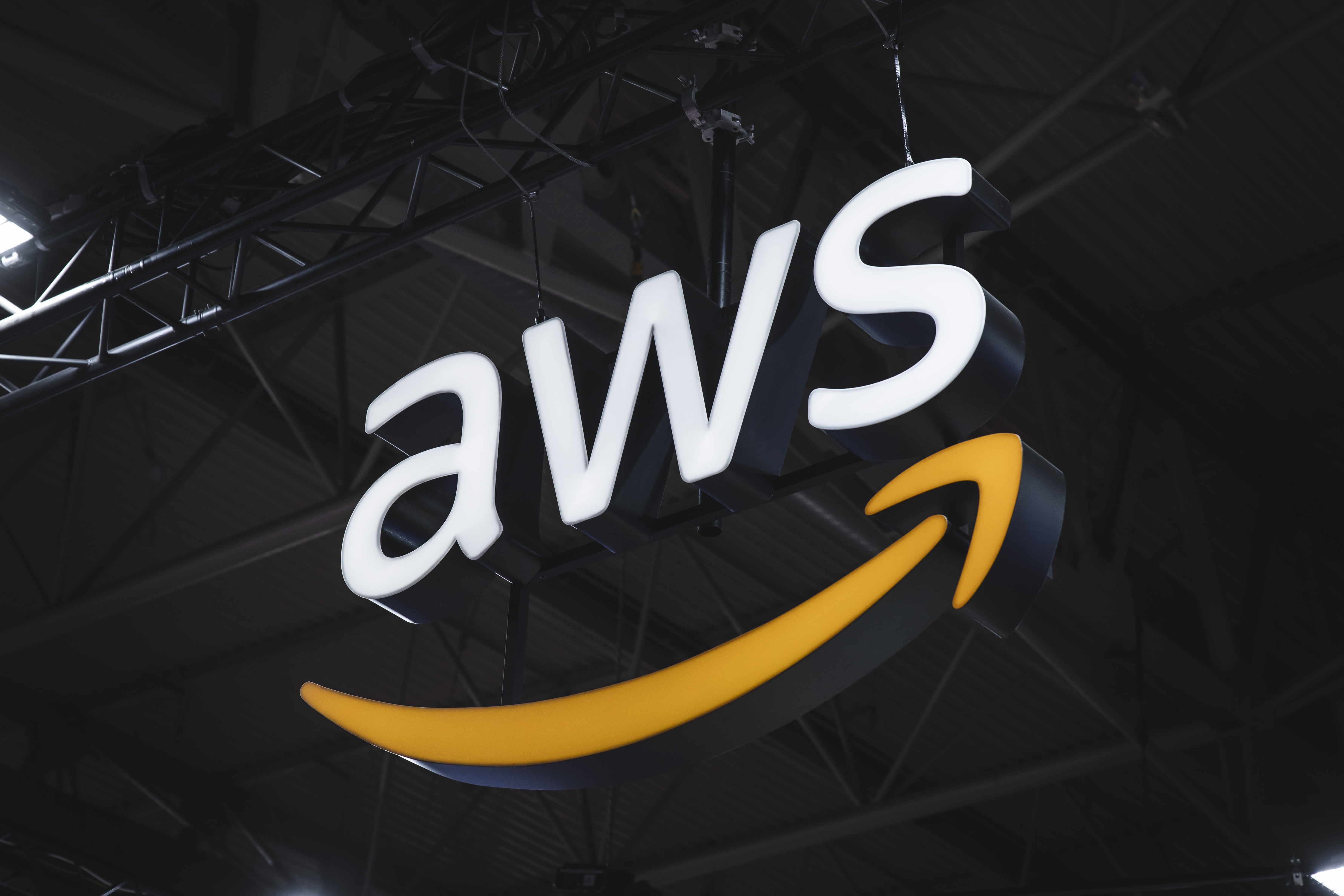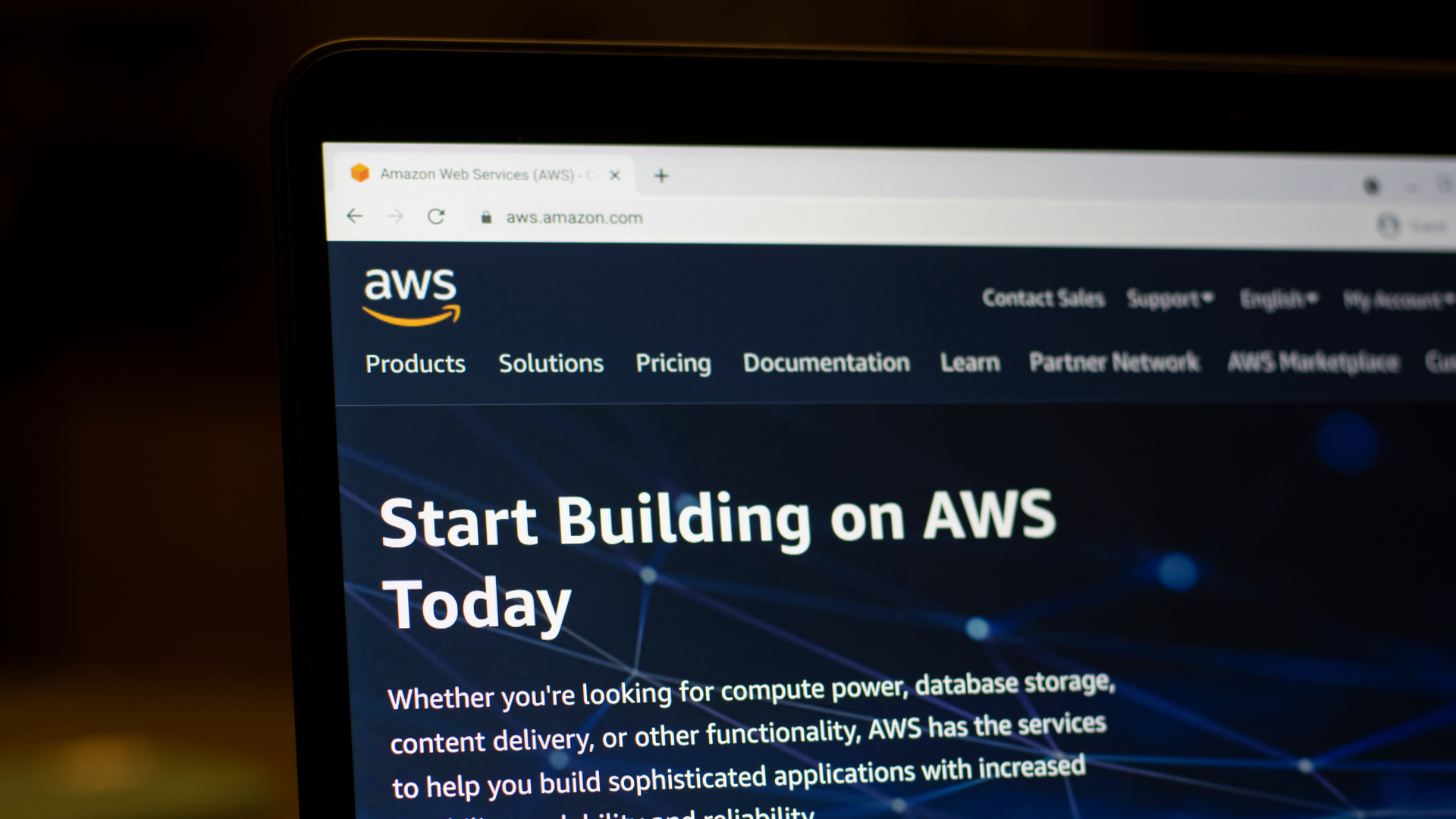Synergy 2011: Don’t be afraid of the public cloud
Don't be afraid of the big, bad public cloud, says Citrix CTO.


Companies should not be afraid of the public cloud as it's safer than the private model and can bring huge benefits.
This was the message delivered by Citrix chief technology officer (CTO) Simon Crosby, who claimed trust was still the big barrier stopping businesses jumping on the public cloud bandwagon.
The public cloud should be one of the key parts of helping IT live up to the mission to "empower the user and protect the enterprise," he said during today's keynote at Citrix's Synergy 2011 conference.
Concerns over security need to be addressed in particular, Crosby explained. Citing recent Anonymous attacks on Amazon Web Services (AWS), Paypal and MasterCard, he noted how AWS "didn't even blink" as it wasn't relying completely on private data centres.
"If you think your private cloud is safer than public, you are wrong," he said.
Crosby gave the analogy of the aeroplane when compared to the car many people fear flying, even though it is statistically safer than getting in a grounded automobile.
However, there remain issues to iron out before everyone can move to the public cloud.
Get the ITPro daily newsletter
Sign up today and you will receive a free copy of our Future Focus 2025 report - the leading guidance on AI, cybersecurity and other IT challenges as per 700+ senior executives
"We need mechanisms to address the challenges a simple statement from cloud vendors does not cut the mustard," he added.
Talking about recent cloud failures, including Gmail and AWS, Crosby called for an "insurance industry for when things go down."
He pointed to OpenStack as the solution which could address user concerns, as it relies on a vast pool of developers and vendors to ensure its quality.
Citrix announced yesterday it would be offering a product based on OpenStack.
"I think we can get you to public cloud it's not all there but we are close," he added.
Yet despite all the big claims around cloud computing, many remain unconvinced. A survey from Vanson Bourne of 250 UK chief information officers (CIOs) released this week showed 86 per cent believed cloud computing was over-hyped.
Almost three quarters thought the transition over to the new technology wasn't any different from previous technology trends they'd shifted between.
The end of the fat client?
Another cloudy discussion point in today's keynote was around whether the traditional desktop or the "fat client" was dead, dying or alive.
The debate over the death of the thick client has been going on for some time now, and was recently fuelled by the announcement of Google's Chromebook.
Michael Mestrovich, chief information officer for the US Defense Intelligence Agency, told delegates at Synergy 2011 he thought thick clients would stick around, although more thin ones were certainly coming.
"The next generation desktop is about bringing to customers a single device, being a thin or thick client, and allowing them access to... separate networks through one device," he said
"There is going to be a mix of thick and thin clients."
But Tarkan Maner, president and chief executive (CEO) of cloud client company Wyse Technology, called for people to ditch chunky hardware altogether, as that was the way the IT world was moving.
"Go thin and take advantage of the cloud... get rid of that big fat Hummer and get a bike," Maner said. "Let's move in a big way."
So, there still appears to be no definitive answer on whether today's fat clients are heading for the IT graveyard anytime soon.
Tom Brewster is currently an associate editor at Forbes and an award-winning journalist who covers cyber security, surveillance, and privacy. Starting his career at ITPro as a staff writer and working up to a senior staff writer role, Tom has been covering the tech industry for more than ten years and is considered one of the leading journalists in his specialism.
He is a proud alum of the University of Sheffield where he secured an undergraduate degree in English Literature before undertaking a certification from General Assembly in web development.
-
 Should AI PCs be part of your next hardware refresh?
Should AI PCs be part of your next hardware refresh?AI PCs are fast becoming a business staple and a surefire way to future-proof your business
By Bobby Hellard Published
-
 Westcon-Comstor and Vectra AI launch brace of new channel initiatives
Westcon-Comstor and Vectra AI launch brace of new channel initiativesNews Westcon-Comstor and Vectra AI have announced the launch of two new channel growth initiatives focused on the managed security service provider (MSSP) space and AWS Marketplace.
By Daniel Todd Published
-
 Citrix confirms two new NetScaler vulnerabilities as firms urged to patch immediately
Citrix confirms two new NetScaler vulnerabilities as firms urged to patch immediatelyNews Citrix has issued patches for two new vulnerabilities in its NetScaler ADC and Gateway appliances
By Solomon Klappholz Published
-
 AWS' $13 billion India expansion shows why South Asia is next cloud hotspot
AWS' $13 billion India expansion shows why South Asia is next cloud hotspotAnalysis The big three hyperscalers view India as a prime market for expansion in light of recent growth
By Ross Kelly Published
-
 Cloud earnings show ‘slowdown’ still not out of the question
Cloud earnings show ‘slowdown’ still not out of the questionNews Earnings calls from Microsoft and Google show there’s still some gas in the tank for cloud providers
By Ross Kelly Published
-
 What is AWS EC2?
What is AWS EC2?In-depth Released in 2006, the iconic cloud service offers developers secure and scalable computing capacity
By Debabrata Deb Published
-
 AWS launches its second Top Secret region
AWS launches its second Top Secret regionNews The new region offers multiple availability zones geographically distinct from AWS Top Secret-East
By Praharsha Anand Published
-
 AWS wins Adidas contract to host its SAP workloads
AWS wins Adidas contract to host its SAP workloadsNews The sports clothing firm says the deal will help create a more sophisticated system for managing supply and demand
By Praharsha Anand Published
-
 UK spy agencies supercharge espionage efforts with AWS data deal
UK spy agencies supercharge espionage efforts with AWS data dealNews GCHQ, MI6, and MI5 will reportedly benefit from AWS' data analytics and AI features in landmark cloud deal
By Connor Jones Published
-
 AWS to launch cloud services reseller in Australia
AWS to launch cloud services reseller in AustraliaNews AWS Australia will allow customers in the region to buy services locally for the first time
By Zach Marzouk Published